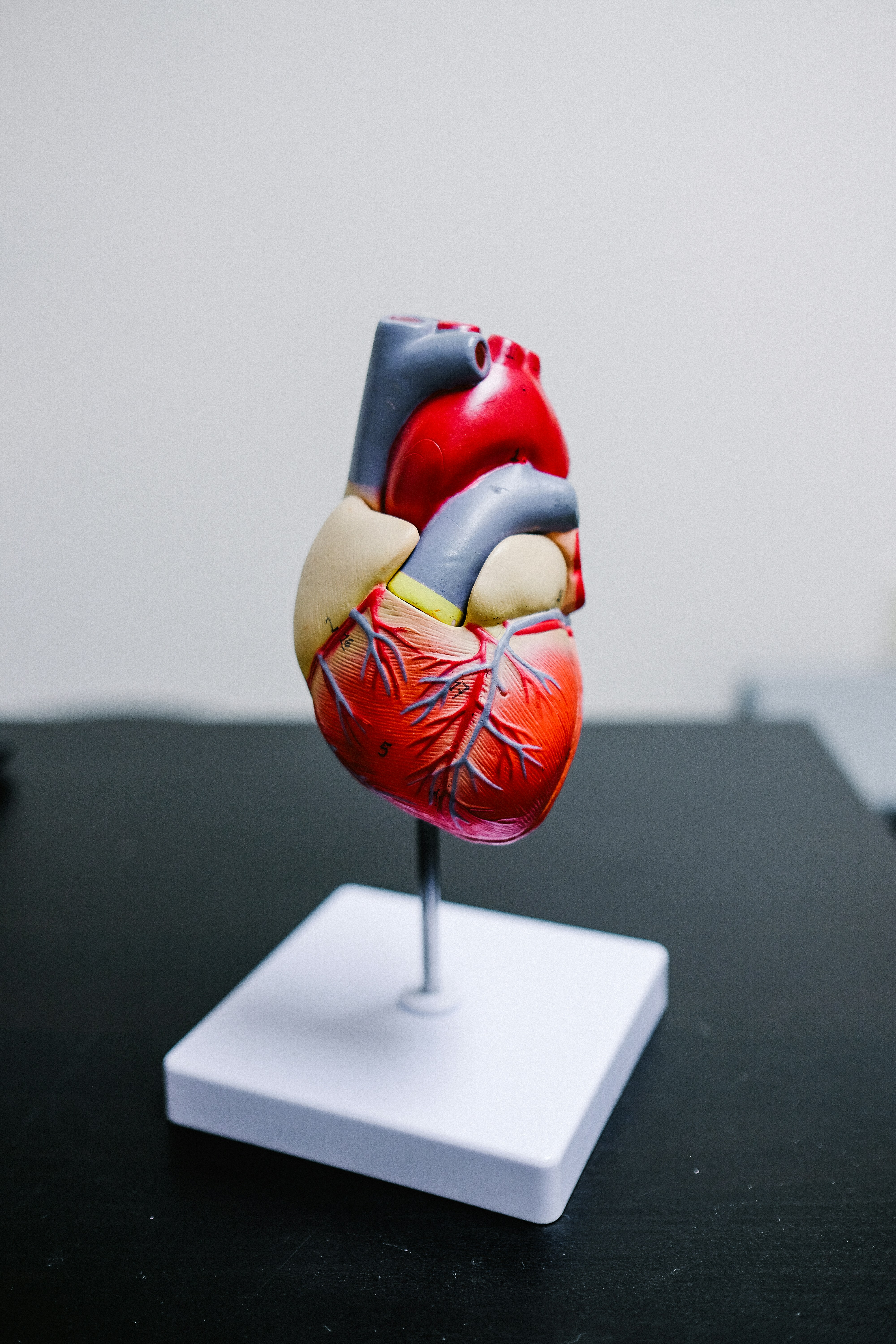The Truth About Cholesterol and What Really Causes Heart Disease
November 11, 2023 | by Cholesterol Warriors
 Photo by Kenny Eliason on Unsplash
Photo by Kenny Eliason on Unsplash Cholesterol has long been demonized as the primary culprit behind heart disease. But is it really as bad as it’s made out to be? In this article, we will explore the truth about cholesterol and what truly causes heart disease.
Firstly, it’s important to understand that cholesterol is not inherently bad. In fact, our bodies need cholesterol to function properly. Cholesterol plays a vital role in hormone production, cell membrane formation, and the synthesis of vitamin D.
The problem arises when there is an imbalance in cholesterol levels. There are two types of cholesterol: LDL (low-density lipoprotein) and HDL (high-density lipoprotein). LDL cholesterol is often referred to as the ‘bad’ cholesterol because it can build up in the arteries and contribute to plaque formation. HDL cholesterol, on the other hand, is known as the ‘good’ cholesterol because it helps remove LDL cholesterol from the bloodstream.
While high levels of LDL cholesterol can increase the risk of heart disease, it’s not the sole factor. Inflammation, oxidative stress, high blood pressure, smoking, and a sedentary lifestyle are all contributing factors to heart disease. These factors can damage the lining of the arteries, making it easier for LDL cholesterol to accumulate and form plaques.
It’s also important to note that not all cholesterol-rich foods are bad for you. Foods high in saturated and trans fats, such as processed meats and fried foods, can raise LDL cholesterol levels. However, foods rich in healthy fats, such as avocados, nuts, and olive oil, can actually increase HDL cholesterol and improve heart health.
So, what can you do to maintain healthy cholesterol levels and reduce the risk of heart disease? Firstly, adopting a healthy lifestyle is key. Regular exercise, a balanced diet, and avoiding smoking can all help improve cholesterol levels and overall heart health.
Additionally, it may be necessary to take medication to manage cholesterol levels, especially if lifestyle changes alone are not enough. Statins, for example, are commonly prescribed to lower LDL cholesterol levels. However, it’s important to discuss the potential risks and benefits of medication with your healthcare provider.
In conclusion, cholesterol is not the sole villain when it comes to heart disease. While high levels of LDL cholesterol can contribute to plaque formation in the arteries, other factors such as inflammation and oxidative stress also play a significant role. Adopting a healthy lifestyle and making dietary changes can help maintain healthy cholesterol levels and reduce the risk of heart disease. Remember, it’s not just about cholesterol, but about overall heart health.
RELATED POSTS
View all


